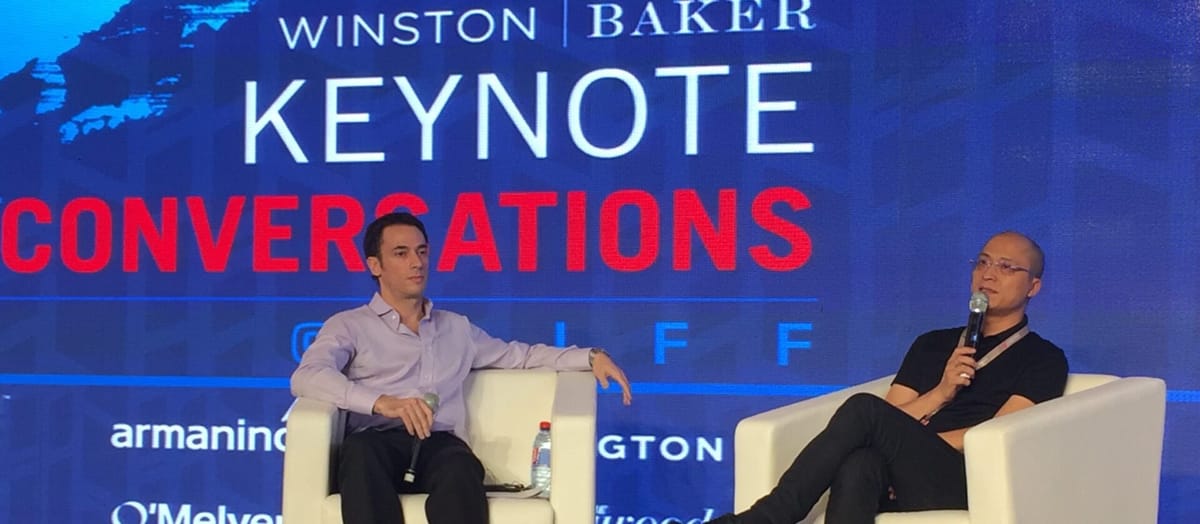iQiyi’s Yang Xianghua Reveals Details Of Netflix Deal
Yang Xianghua talks Netflix cooperation and says SVOD will become the dominant streaming model in China.

iQiyi chief Yang Xianghua revealed further details of the Chinese streaming giant’s licensing deal with Netflix at the Winston Baker Film Finance Forum at the on-going Shanghai International Film Festival (SIFF).
Although there has been speculation that the cooperation is a wide-ranging pact, Yang said there is no difference between the Netflix deal and iQiyi’s licensing agreements with the US major studios. "Netflix was trying to find a unique approach in the Chinese market, but there has been no quick success for the company yet," said Yang during his keynote.
"We contacted Netflix several years ago and informed them about the rules and regulations here in China…at first they didn’t understand the rules and tried to find alternative ways to enter the market. Last year, they changed their strategy because they finally understood. We started talking in November and by April the terms were done."
His words reveal the frustrations faced by foreign streamers trying to enter the China market, where only a handful of local players have been issued online distribution licenses. Netflix finally took the licensing route this April, selling a package of its original films, documentaries and series to the Baidu-owned streaming giant. Yang dodged questions on whether the two companies would work together on producing Chinese-language content.
Netflix shows already streaming on iQiyi include BoJack Horseman and documentaries Chef’s Table and Making Of A Murderer. "Later we will launch more Netflix original series and films," said Yang.
Yang also said that he expects subscription video-on-demand (SVOD) to become the dominant business model in the Chinese streaming market, as Chinese consumers don’t find transactional VOD (TVOD) convenient.
Advertising video-on-demand (AVOD) is currently the dominant model in China, although iQiyi has managed to carve out more than 20 million paying VIP members in the last few years. The SVOD model is dominant in North America and the rest of the world.
"It’s related to the consumption habit of users," said Yang. "Our users like to pay a membership fee once a month or year. For TVOD, they need to pay every time they want to watch something and it’s not convenient. For domestic movies, we have no transactional model – everything goes to SVOD after theatrical release."
Yang also explained that the platform focuses on the millennial audience: "We want to cater to young people with content that is upbeat and optimistic," Yang said.
However, the downside of trying to reach China’s huge youth audience is their obsession with local celebrities who are good-looking but can’t necessarily act. Yang explained how iQiyi has recently launched series such as The Legend Of Eagle Shooting Heroes, which focus on high production values rather than pretty stars.
"Fortunately, these series were very popular in terms of both subscriptions and ad revenue," said Yang. "Of course we don’t exclude working with celebrities, but we hope to guide the market in a more healthy direction."
Yang also said that he expects China to follow the US in that two or three streaming platforms will become the dominant players. Currently, China has around ten major streaming platforms, compared to more than one thousand a decade ago, before the Chinese authorities started to regulate the sector.




